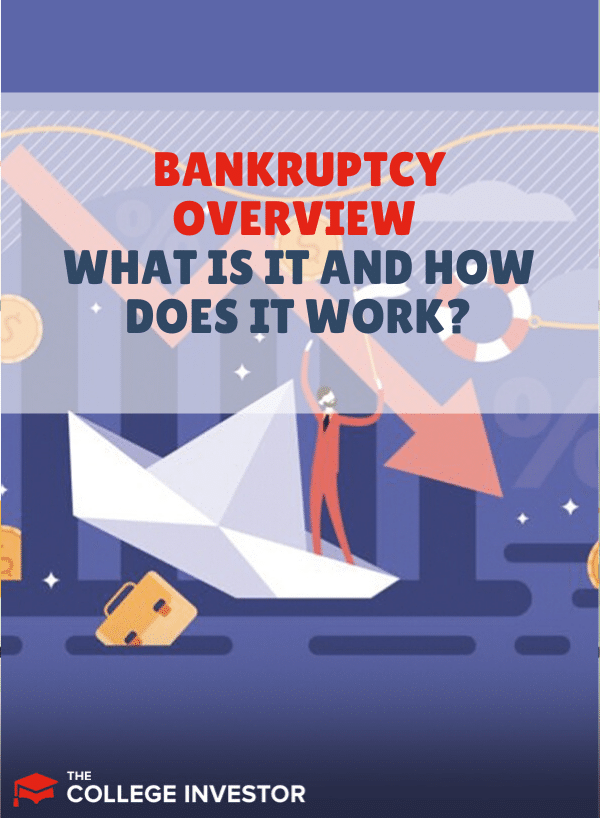Bankruptcy
Definition
Bankruptcy is a legal process where individuals or businesses declare their inability to repay outstanding debts.
Detailed Explanation
Bankruptcy is initiated when an individual is overwhelmed by debts and is unable to meet their financial obligations to creditors. The process provides a structured means for debtors to either eliminate their debts or repay them under a court-approved plan. There are various forms of bankruptcy, classified under different "chapters" in the U.S. Bankruptcy Code, each suited for different types of debtors and financial situations.
For individuals, the most common forms are Chapter 7 and Chapter 13 bankruptcies. Chapter 7 involves the liquidation of the debtor's non-exempt assets to pay off creditors. In contrast, Chapter 13 allows the debtor to keep their assets but requires them to adhere to a repayment plan over three to five years.
For businesses, Chapter 11 bankruptcy is often used, enabling the company to continue operations while restructuring and reducing its debts.
The bankruptcy process begins with the debtor filing a petition with the bankruptcy court. This filing triggers an automatic stay, halting creditors from collecting debts or pursuing legal action against the debtor. The court then evaluates the debtor’s assets, liabilities, income, and expenses to determine their eligibility for bankruptcy and the appropriate chapter under which the case should proceed.
Bankruptcy can offer debtors relief and a fresh financial start, but it also comes with consequences. It can severely impact one's credit score, making it difficult to obtain credit, buy a home, or sometimes even find employment for several years. Additionally, not all debts are dischargeable in bankruptcy, such as some student loans and certain taxes, meaning the debtor is still obligated to pay them.
Example
Sarah graduated from college with a significant amount of private student loans. Shortly after graduation, she faced a severe health issue that required extensive medical treatment. Even with health insurance, her out-of-pocket medical expenses were substantial. Between the student loans and the accumulating medical bills, Sarah's debts became overwhelming. She was unable to meet her monthly financial obligations and was facing constant calls and letters from creditors.
Seeking relief and a way to manage her financial situation, Sarah consulted a bankruptcy attorney and decided to file for bankruptcy. Upon filing, an automatic stay was initiated, pausing all collection efforts by her creditors.
During the bankruptcy process, the court assessed Sarah's assets and debts. While her medical bills were deemed dischargeable, her student loans were not, as they typically persist through bankruptcy unless it's proven that repaying them would cause undue hardship.
The court decided to liquidate some of Sarah's non-exempt assets to pay off a portion of her medical debts. After the completion of the bankruptcy process, most of Sarah's medical debts were discharged, providing her with significant financial relief. However, she continued to work on a repayment plan for her student loans, now more manageable without the medical debt burden.
Key Articles Related To Bankruptcy
Related Terms
Automatic Stay: A temporary injunction that halts actions by creditors to collect debts from a debtor who has declared bankruptcy.
Creditor: An individual or entity to whom money is owed.
Debtor: An individual or entity that owes money.
Discharge: The release of a debtor from the obligation to pay certain debts.
Insolvency: The state of being unable to pay off outstanding debts.
Liquidation: The process of converting assets into cash to pay off debts.
Editor: Colin Graves Reviewed by: Chris Muller
